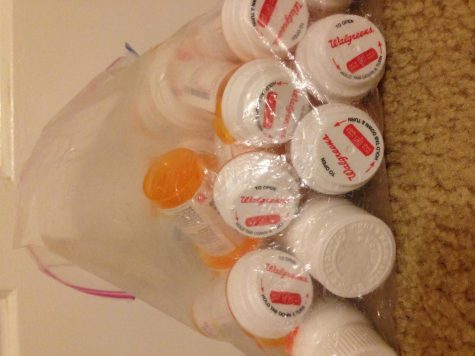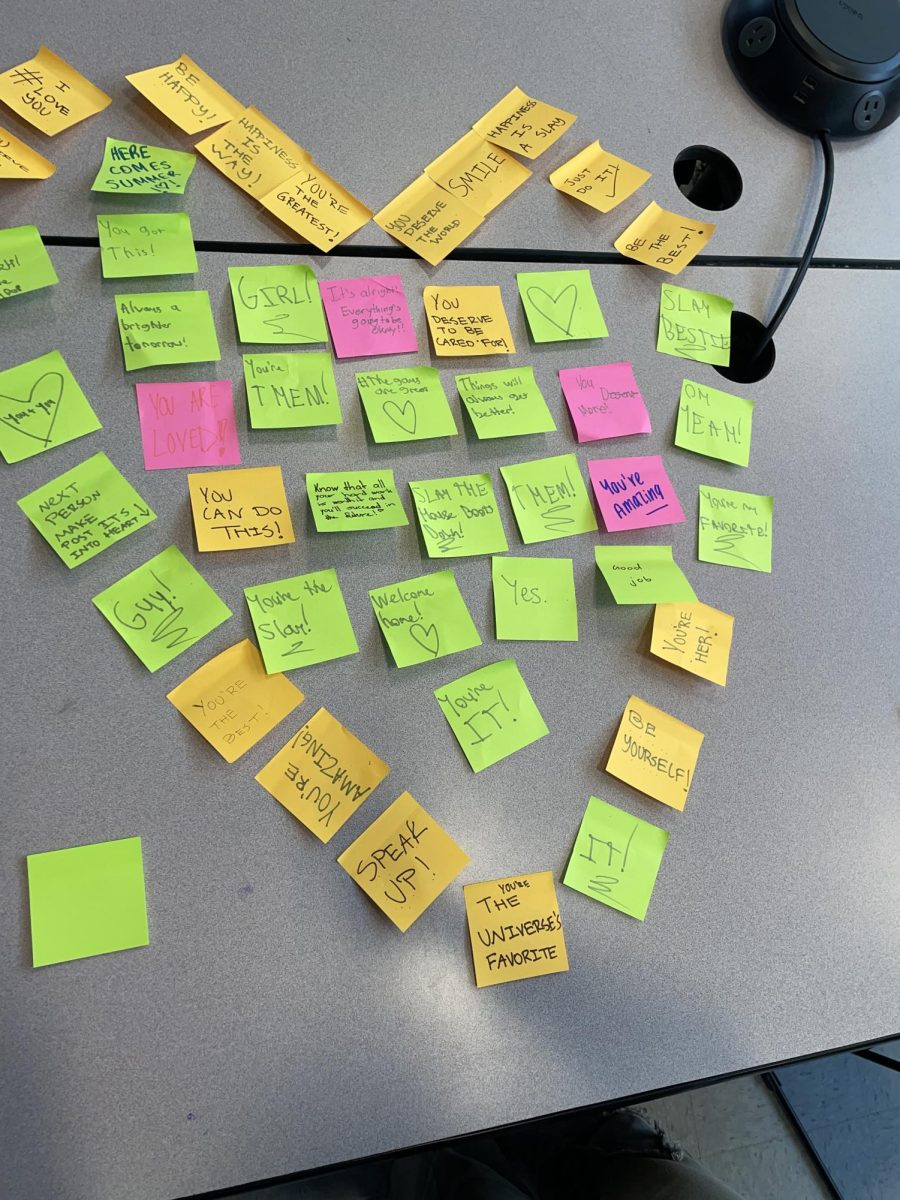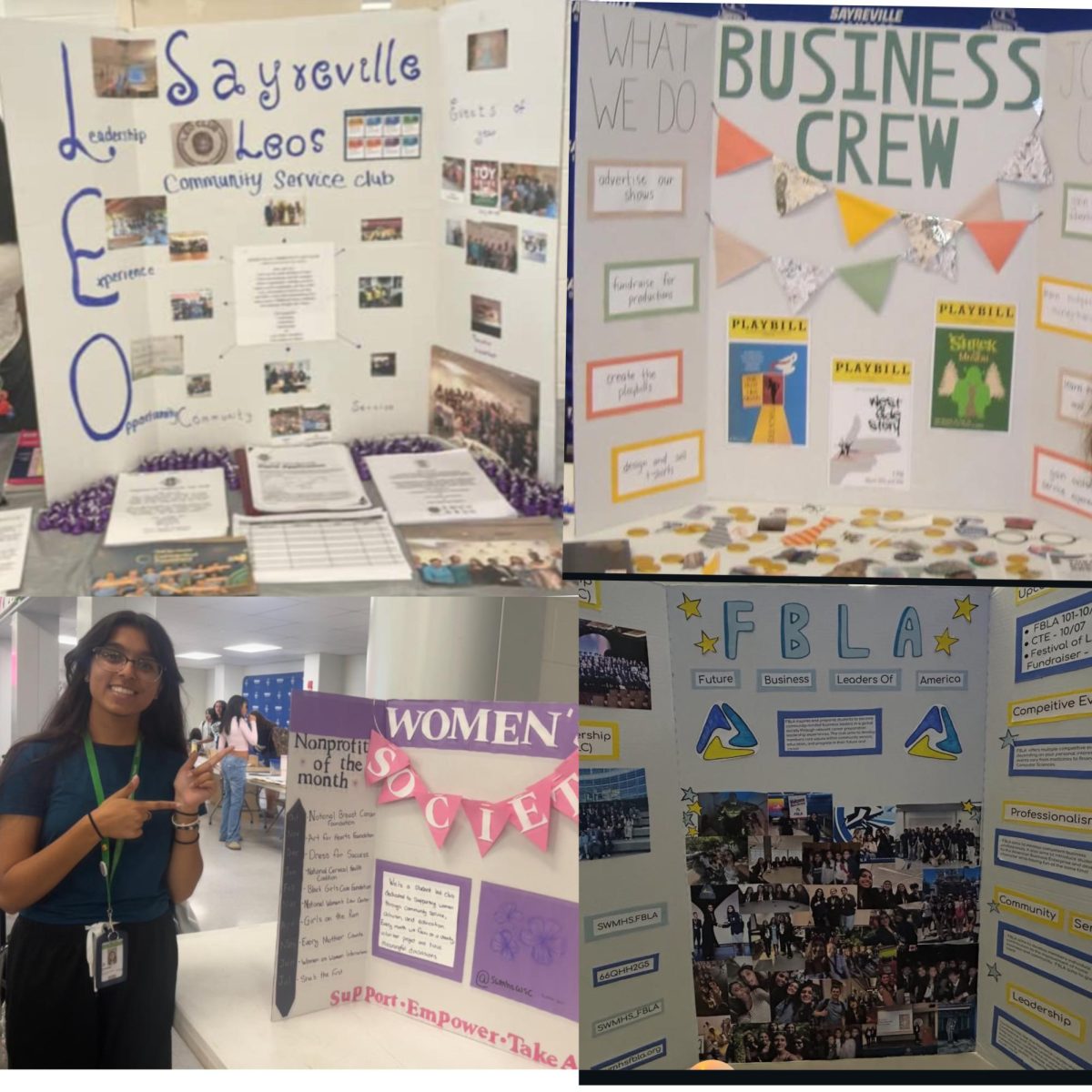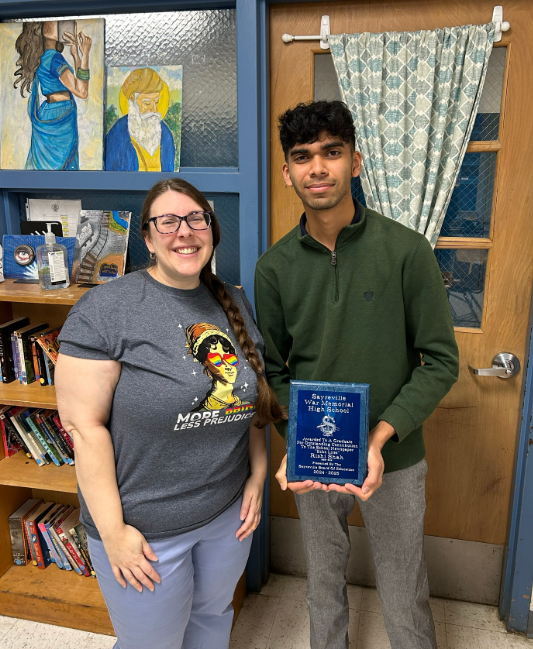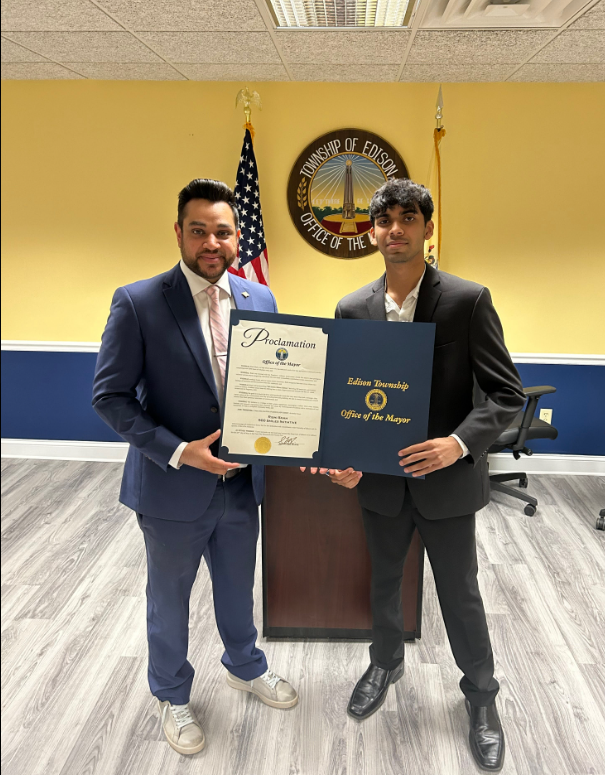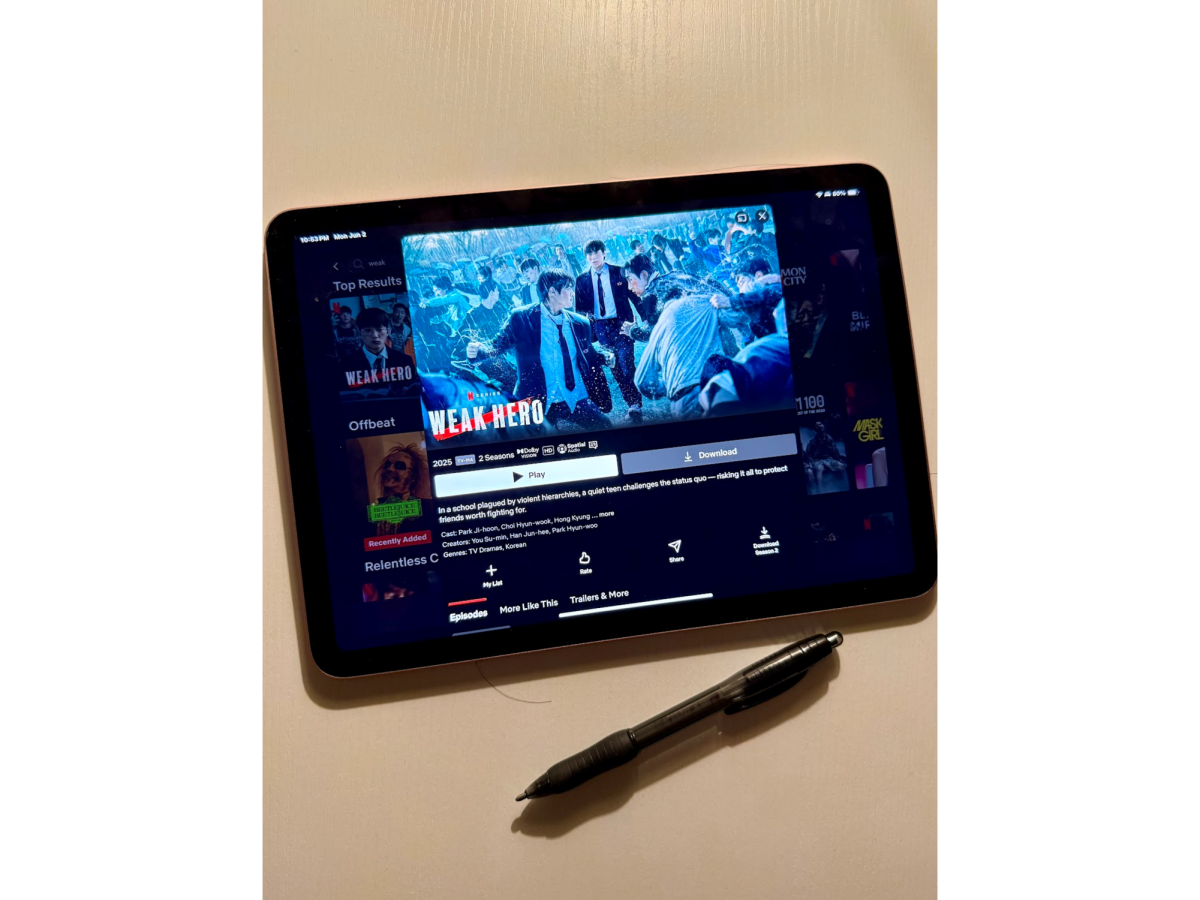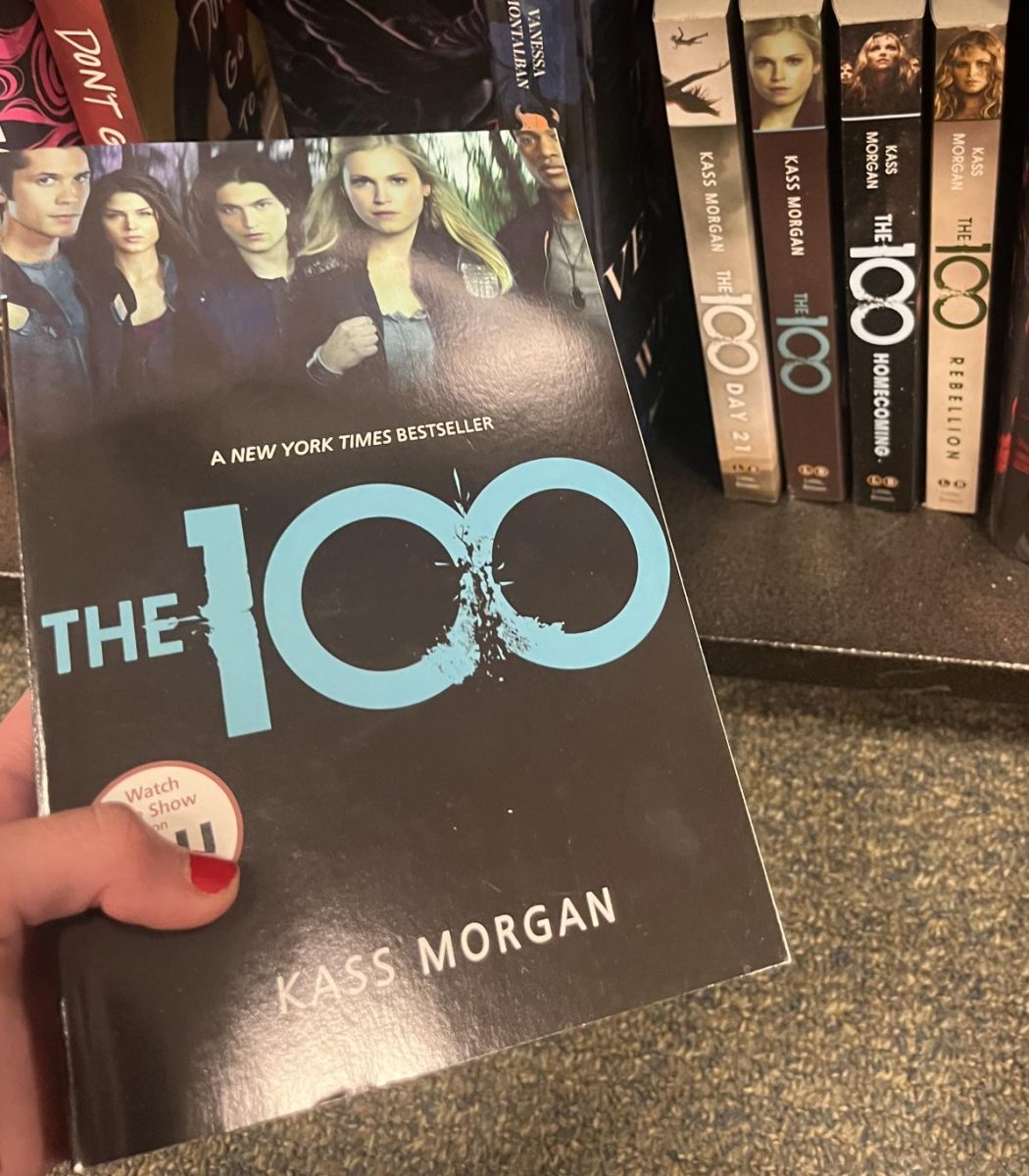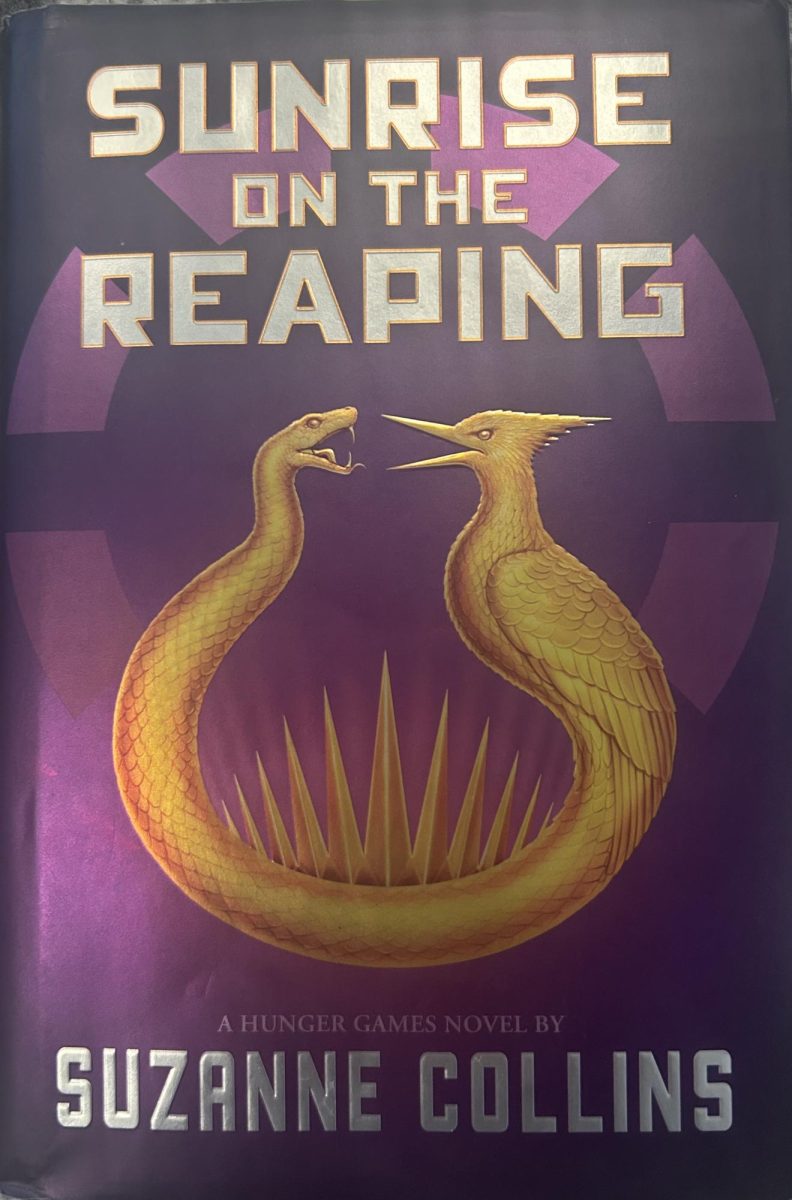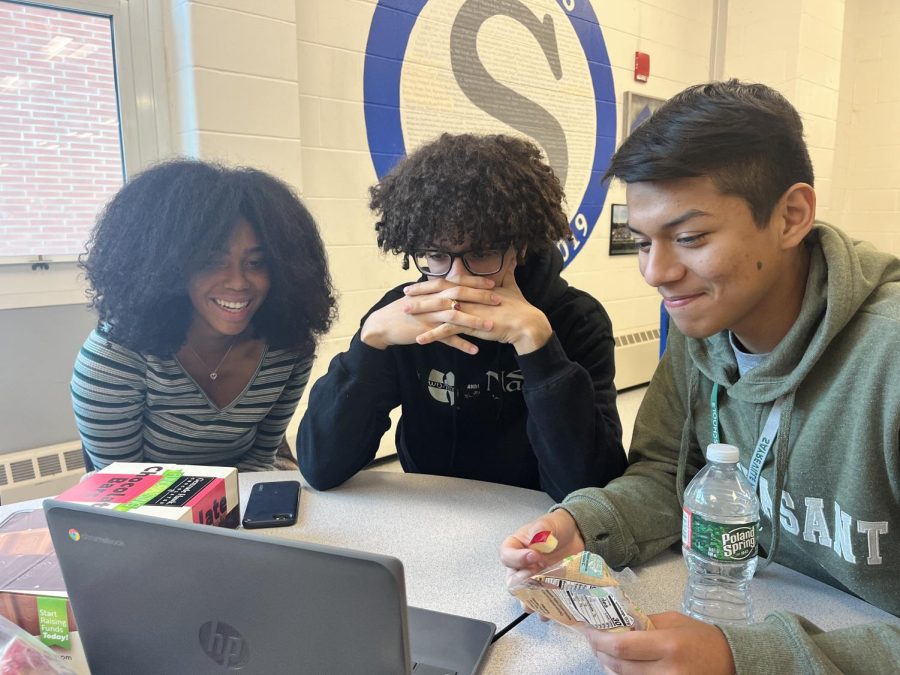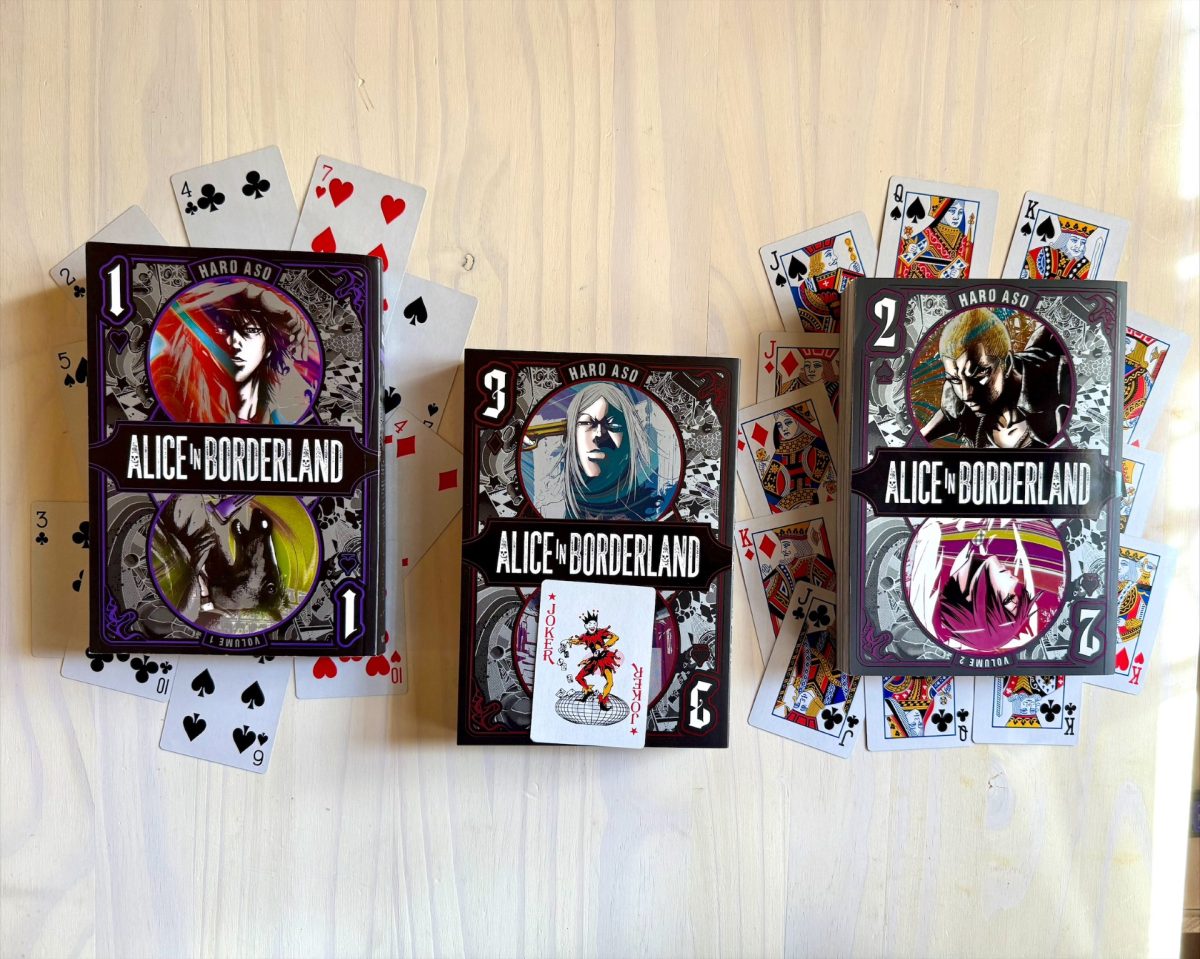Lupus: Interview of a Hopeful Mother
The mother of a Sayreville student shares her flicker of hope that spreading awareness of Lupus will help to one day find a cure.
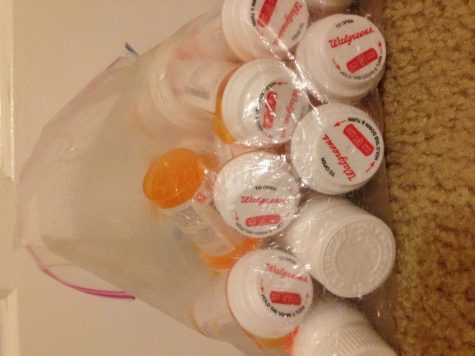
November 14, 2017
The sheer amount of ignorance when it comes to deadly and life changing problems stumps me. Diseases like Lupus aren’t as well known as they should be, and this lack of awareness leads to those who suffer from it lacking in help and the correct support.
Lupus is an autoimmune inflammatory disorder that is most common among women. It is a disorder where the body attacks itself, allowing areas attacked to become irritated and inflamed. People with this disorder have periods of systematic issues known as “Lupus Flare-Ups,” and healthy periods with relatively normal health and no symptoms. This can turn deadly as one of the symptoms involves tissue damage. If the wrong organ receives this damage, then a person could die if the damage is significant.
My mother has Lupus, and she can tell you first hand how crippling it can be.
Me: When were you first diagnosed?
Mother: When I was twelve years old and got very sick one morning. I wasn’t able to walk, my whole body hurt, and my joints were very stiff. My parents had no idea what was going on, so they took me to the hospital. A lot of tests were done, and the majority of them came back saying I have Lupus.
Me: How was your daily life changed because of it?
Mother: I became a lot less active because my joints ached so much, and I had to drop a majority of sports and gym entirely. I also had to become much more responsible to keep up with my daily medicine I had to take, and I had to limit my exposure to the sun. I became more lethargic and had to sleep more often as I became more fatigued. I couldn’t hang out with my friends as often as I did before during the early years of being diagnosed.
Me: What type of medications are you on?
Mother: More painkillers and steroids than you can count. I have to take a whole bag of medications at different times for varying symptoms and to prevent certain things. I also go monthly for iron injections.
Me: Do you think it’s possible to find a cure with modern technology?
Mother: I’m not sure, since they’ve been trying for years to find a cure for so many things, and would come back empty handed. I’m hopeful, but most likely the cure won’t be available at least in my lifetime.
That little shred of hope is what I want to spread around. I want more people to be aware of diseases such as this, and I sincerely hope that as more awareness is spread, the sooner we can find a cure. It’s so distressing to watch my mother struggle through some days because she has a “Flare-Up.” Knowing I can help somewhat and hopefully get people to join the cause of curing Lupus gives me confirmation that I’m doing the best I can to help my mother and others who suffer with the same affliction.
